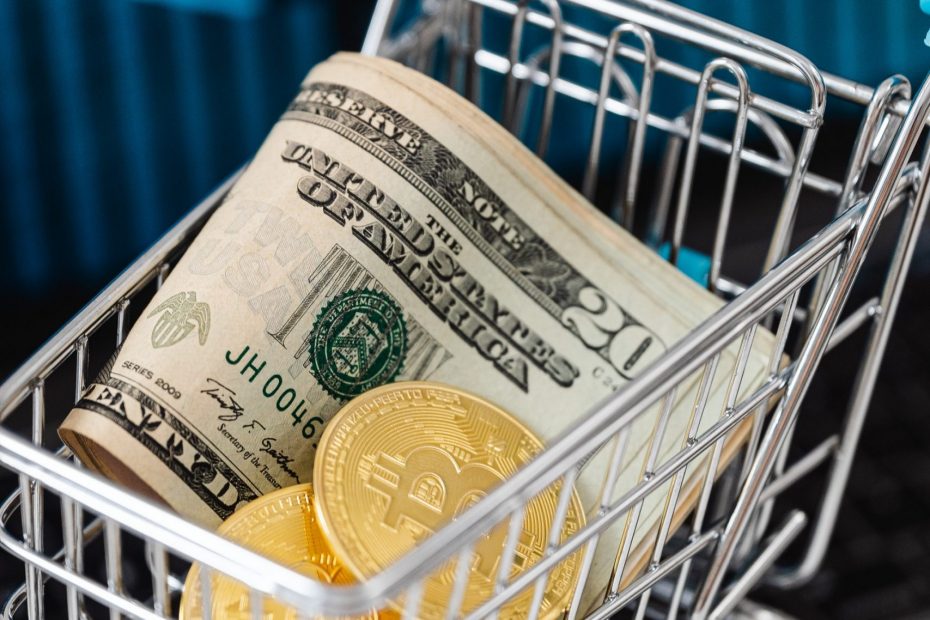Early in the month of November, the cryptocurrency market rose to an all-time high, reaching a market cap of a whopping $3 trillion. Bitcoin has garnered more than 6% since November 7, reaching $67,591.86. Meanwhile, Ether, which is a token that supports the Ethereum blockchain, has gained 3.5%. That brought in $4,789.45 according to Coinmarketcap.com.
Since November 2020, where the market remained at $578 billion, the global crypto market cap has increased fivefold. Of the top 10 digital coins that have climbed, Solana was up almost 21% and Elon Musk’s most favored Dogecoin was up nearly 5%.
Vikram Pandit, Chairman,
and CEO of tech-focused private equity firm Orogen Group said:
“My big hope is that central banks around the world understand the benefit of a central bank digital currency, and move on to accept, adopt them”.
The Benefits Of Accepting Bitcoin
If you are still on the fence about whether or not to accept Bitcoins for your business, you might want to consider the following benefits:
1. Lower Transaction Fees
To accept credit card payments is to contend with credit card fees. International payments have fees that are even higher. Since crypto is a decentralized currency, transaction fees are considerably lower.
2. No Chargebacks
Cryptocurrencies are not subject to chargebacks. Within cryptocurrency transfers, the funds are essentially placed in “escrow” until the transfer is verified by both parties. Once the transaction is completed, it is impossible to reverse it.
3. Faster Transactions
With crypto, you will not only save money, but you will also receive your payments faster, and most of the time, instantly.
Bankful Launches Crypto Payment Gateway
It is of little surprise that many of the largest companies in the world have begun to accept cryptocurrencies as a form of payment for goods and services. Microsoft, Overstock, Tesla, the Dallas Mavericks, and Twitch now accept Bitcoin as well as other digital currencies this year.
You don’t have to be at the helm of a large business in order to accept digital payments. If you own a small business, you can take advantage of this “crypto craze” with the help of a reputable payment processor that knows its way around the crypto industry.
On September 16, 2020, Bankful, a Payment Service Provider (PSP), made the announcement that they now accept Bitcoin payments on their proprietary platform. It integrates seamlessly with e-Commerce power players such as Square, Shopify, Wix, and many more.
With crypto technology, every transaction is private, safe, and is done directly between the merchant and the customer. No need for intermediaries.
With Bankful’s latest addition of crypto payment processing, transactions can be deposited within 24 hours. The merchant has a choice of over 120 fiat currencies, including US dollars.
Another benefit is that the BTC to the fiat exchange rate is locked at the time of the sale. Merchants don’t have to worry about market fluctuation. Depending on how many other cryptocurrencies become adopted by using blockchain technology and used as payment methods, Bankful plans to expand the current offering of supporting currencies, beyond BTC.
How To Get Started
When it comes to getting started with Bankful to accept Bitcoin payments, there are a few supporting documents that are needed to be submitted and begin the application process:
- Copy of a Passport or ID
- Corporate documents
- Have one month of business banks statements (if possible)
- A bank letter or confirmation of deposit bank information, demonstrating the business name, IBAN, or Swift information
Cryptocurrency And The Future
Despite the massive growth and adoption of cryptocurrency worldwide, the truth is that it is still a new and “speculative” investment. There is still very little history to base much in terms of predictions. Regardless, big fintech players like PayPal and Square are jumping all in. Amazon and big banks are soon to follow.

